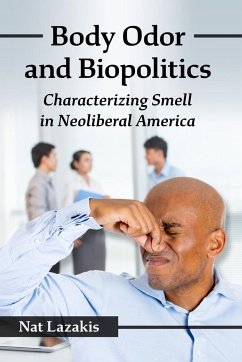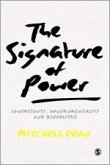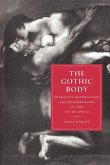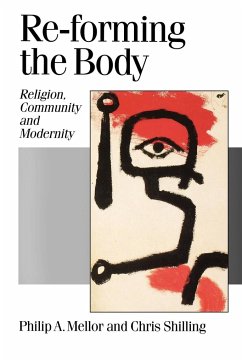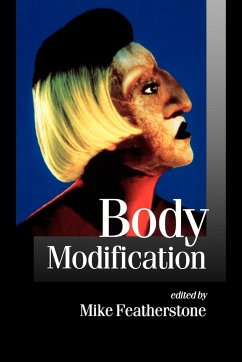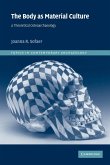Originally rooted in stereotypes about race and class, the modern norm of bodily odorlessness emerged amid 19th and early 20-century developments in urban sanitation, labor relations and product marketing. Today, discrimination against strong-smelling people includes spatial segregation and termination from employment yet goes unchallenged by social justice movements. This book examines how neoliberal rhetoric legitimizes treating strong-smelling people as defective individuals rather than a marginalized group, elevates authority figures into arbiters of odor, and drives sales of hygiene products for making bodies acceptable.
Hinweis: Dieser Artikel kann nur an eine deutsche Lieferadresse ausgeliefert werden.
Hinweis: Dieser Artikel kann nur an eine deutsche Lieferadresse ausgeliefert werden.

